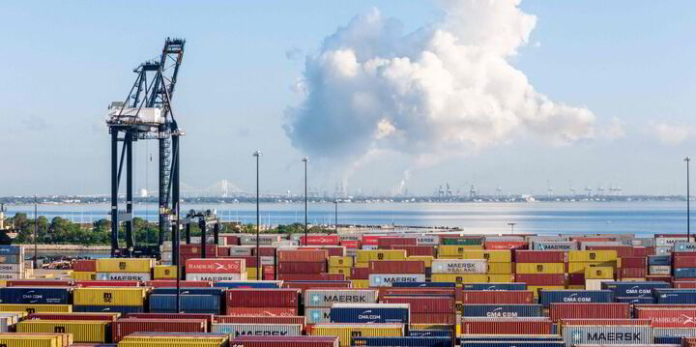US companies relying on East and Gulf Coast seaports are shifting goods to the West Coast to hedge against the strike threat, according to Reuters.
The strike on 1 October could block supply chains and reignite inflation ahead of the US presidential election. Kenneth Sanchez, CEO of Chesapeake Specialty Products, stated:
This is just another headache after everything else we’ve been dealing with.
His main port is in Baltimore, one of three dozen covered by an expiring contract between the International Longshoremen’s Association (ILA) union representing 45,000 port workers and the United States Maritime Alliance employer group. Their renewal talks stalled over wages.
A prolonged strike, along with the ongoing industrial action by 30,000 Boeing machinists, could wreak havoc on the US labour market next month. It comes just five weeks before the presidential election between Democratic Vice President Kamala Harris and former Republican President Donald Trump.
Meanwhile, retailers, manufacturers and other importers are rushing to procure clothing, household goods, car parts and other goods ahead of the strike deadline to avoid cargo stuck. Redirecting goods to the West Coast posed a challenge as it might require tough transit through the Panama Canal, air freight or other time-consuming or costly measures, logistics experts said.
